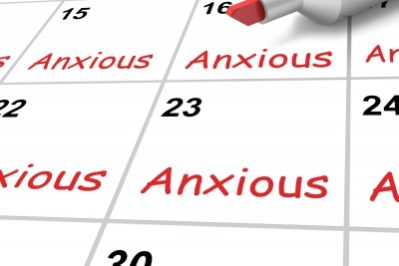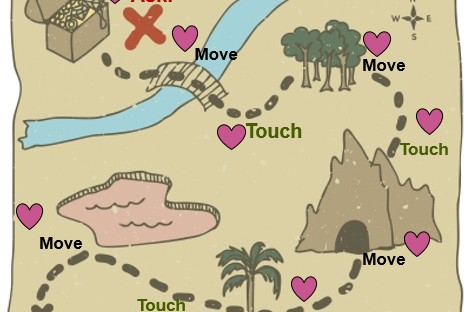9 Things Your Nonprofit Needs to Know About Monthly Donations
It’s the time of year when nonprofits are evaluating their recent fundraising results and making plans to bring in more contributions in the coming year. But… how?
What will move the needle for you this year?
This question came up in a recent call I was on, and the subject turned to this organization’s monthly giving program. It was doing okay, but they weren’t persuaded it was worth the time and effort compared with focusing on major donors. What I tried to tell them was that many monthly donors are major donors or major or legacy donors in waiting!
If you’re not thinking about your monthly donor program this way, this year is your opportunity to reframe how you think about it.
CONSIDER THIS: A $50 monthly donor is a $600 donor. A $100 monthly donor is a $1,200 donor. PLUS… monthly donors are exceedingly loyal. One-time donors renew, on average, at a rate of 45%. Monthly donors renew, on average, at a rate of nearly 90%. And the fact they give consistently over time means they truly identify with your charity. You are so important to them you are like one of their children to whom they give a monthly allowance! So there’s a good chance they may also leave you a legacy gift. Wouldn’t it make sense to double down this year to try to grow and cultivate more of these loyal supporters?
On my recent call with the charity feeling uncertain about how much resources to devote to monthly giving, I remembered this conversation I had a few years back with expert, Bill Sayre, CEO of Merkle RMG. Since he works with hundreds of organizations to help them build and manage their sustainer programs, I’d asked him to give me his thoughts on what you can do to begin and/or better manage your monthly giving program.
Chances are you already have some sort of monthly sustainer program. But… is it the best it can be? Could it do more heavy lifting for you?
Today I’m re-running this article in the hopes it will help you plan for the year ahead. You’ll learn not only why monthly donor programs are a good idea, but how you can put management systems in place, grow your revenue, keep donors happy and maximize return on your investment.
Details

 Probably not as much as you might think.
Probably not as much as you might think.